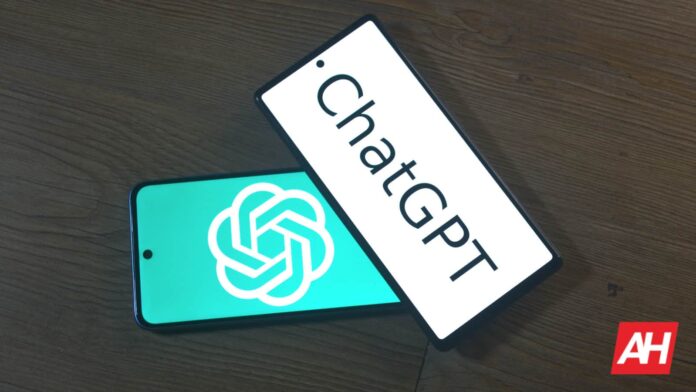[ad_1]
This new generative AI boom is one of the biggest technological revolutions of the modern age, and our governing bodies just aren’t ready for it. With each new innovation, tension rises between consumers, lawmakers, and the companies that push the technology forward. OpenAI is under investigation by the FTC (Federal Trade Commission) over how ChatGPT could harm people.
The OpenAI FTC investigation
Generative AI technology is still in its infancy, so we’re still feeling out the situation. We speculate about the negative effects of generative AI on the workforce, creators, and countless industries. This is why the FTC is looking into OpenAI, the most popular generative AI company.
According to The Washington Post (via CNN Business), the FTC presented OpenAI with a 20-page investigation demand. It’s looking deep into the company to find information like how likely ChatGPT is to give inaccurate information, the potential to cause “reputational harm”, how the company obtains users’ information, how it handles that data, and so on.
The document leaves no stone unturned, as it wants to know about what complaints it’s received from users along with lawsuits against it. There are dozens of requests in the document, sources near to the matter were able to confirm with CNN. As this investigation persists, we hope to know more about what the FTC wants to know.
If the FTC finds that OpenAI’s creations could cause actual harm to the public, we can expect some legal action to take place. Only time will tell.
This is necessary
This investigation might seem like a step back for AI, but it’s all necessary. When it comes to AI, one word stands out above the rest, and that’s Regulation. Innovation in generative AI hit a point of rapid acceleration as more people discovered how it could benefit them. It’s advancing so fast that we don’t have any laws to police it.
We’re now debating if scraping data is illegal or just immoral. There are no laws outright stating that AI-generated can’t be copyrighted. It’s still the wild west when it comes to AI, and that makes a lot of people nervous.
Sure, AI can bring some objective benefits to the table- and you can’t make an omelet without breaking some eggs- but AI is nipping at the heels of some major industries. It threatens to put creators like artists, composers, developers, and writers out of their jobs. That’s not all, several upper-level executives fear that AI could take their jobs as well.
We also can’t forget about AI deep-fakes. This technology gives people the ability to make fake videos and audio clips of people doing and saying whatever they want. It doesn’t take an Einsteinian intellect to tell why that’s bad.
We need investigations like these to better ascertain what kind of dangers we’re looking at in the future. We’ll need to stay tuned to see the results of this investigation.
[ad_2]
Source link
